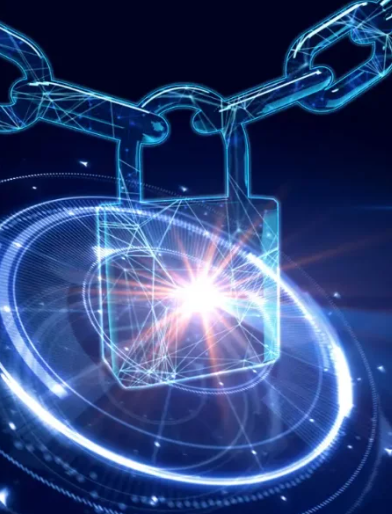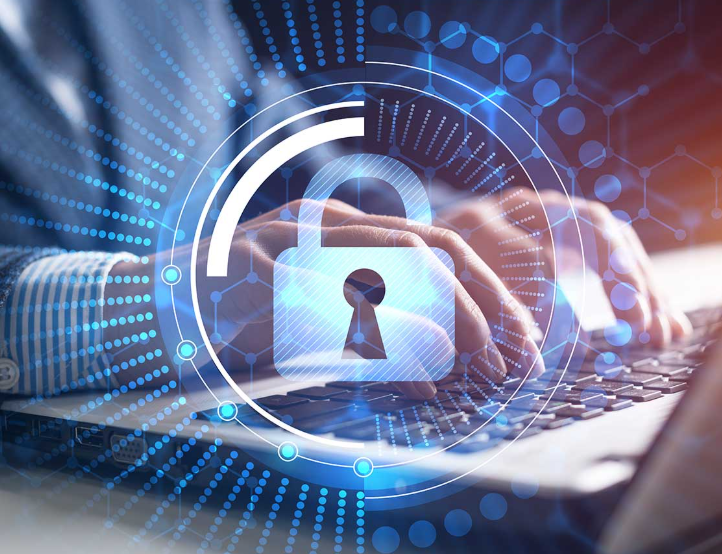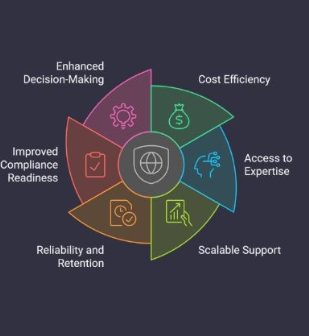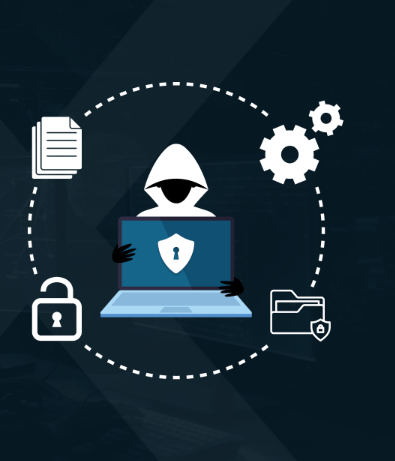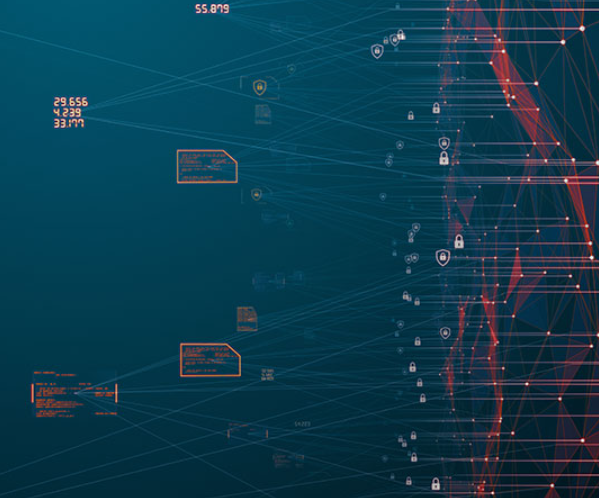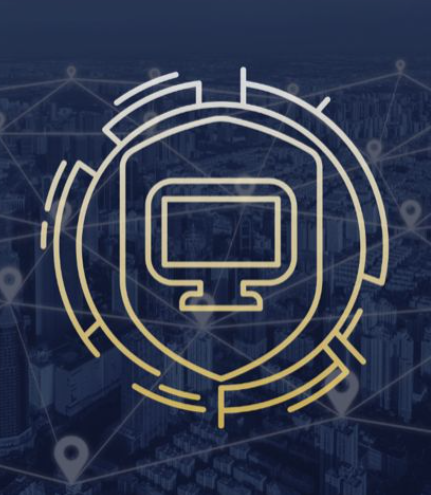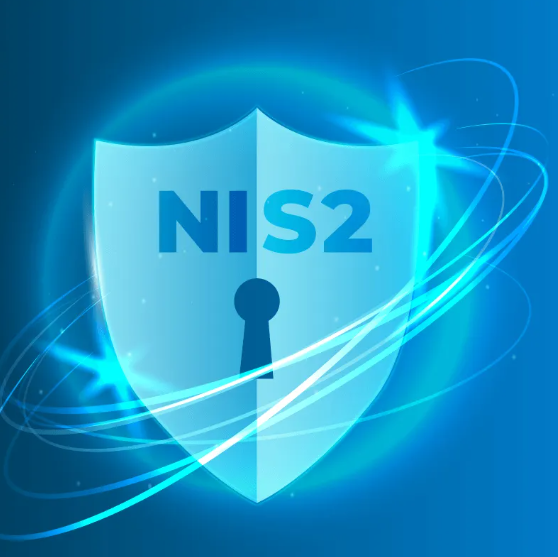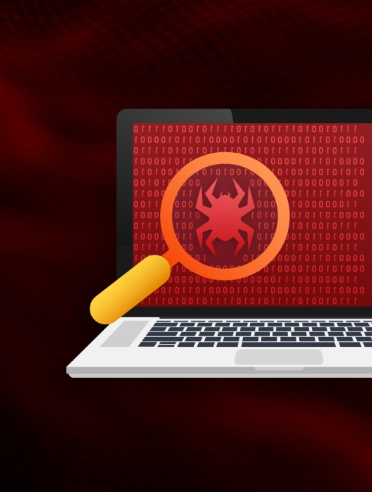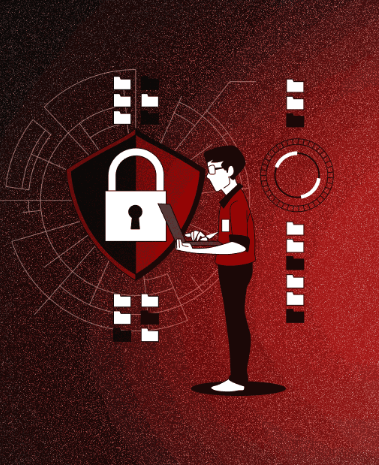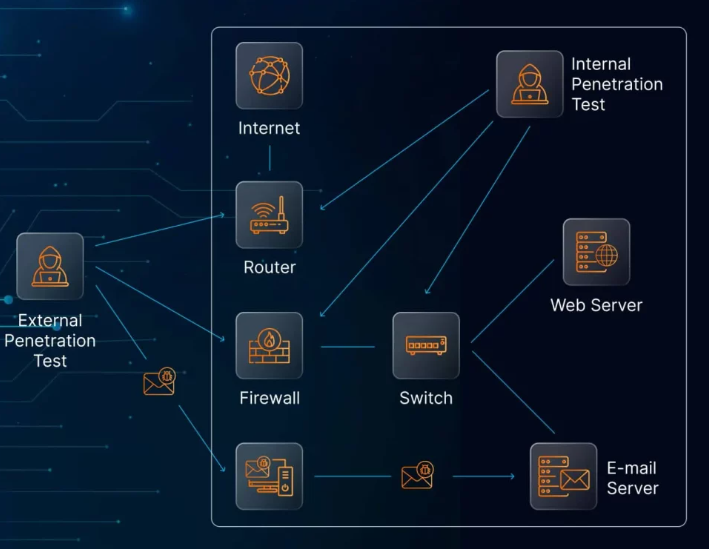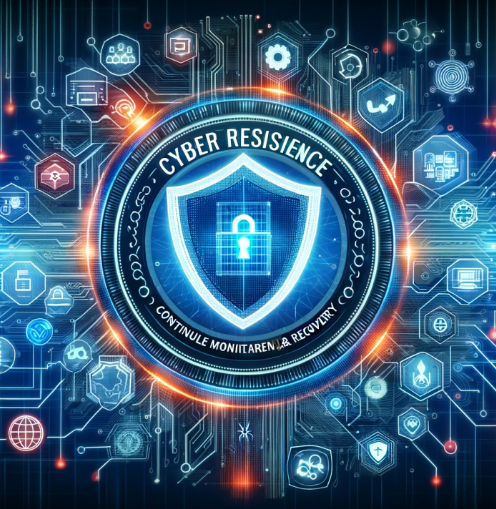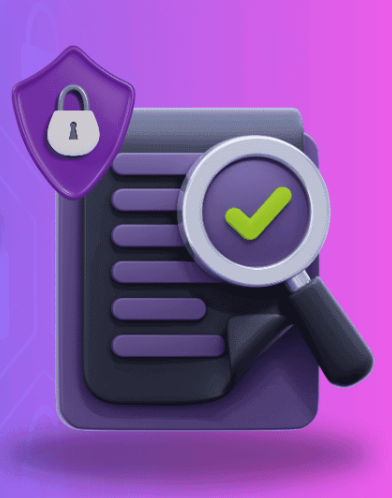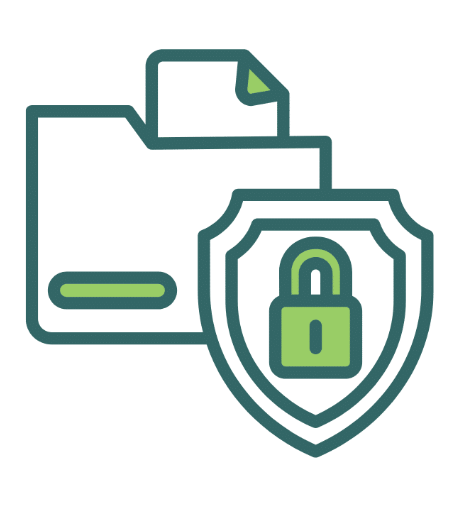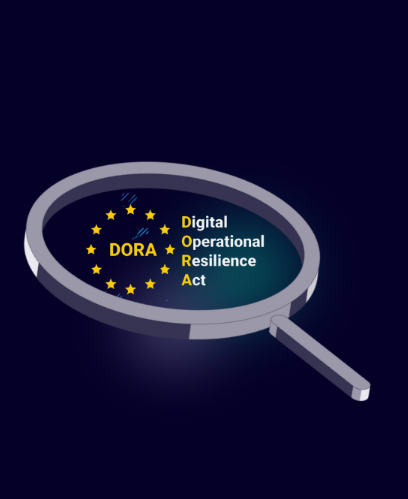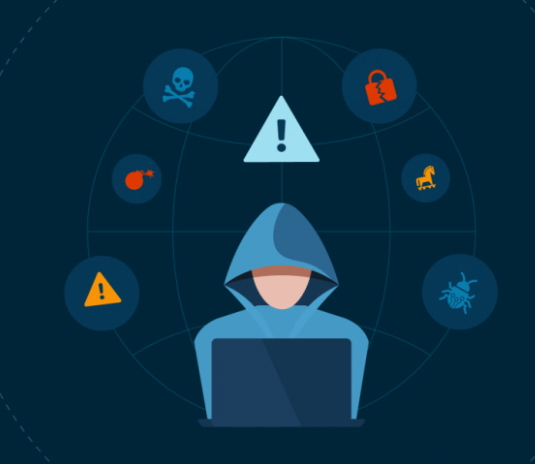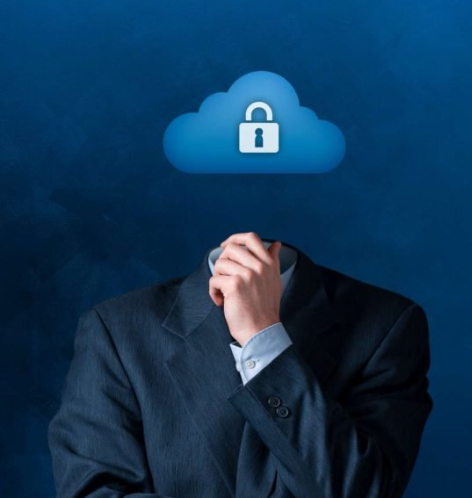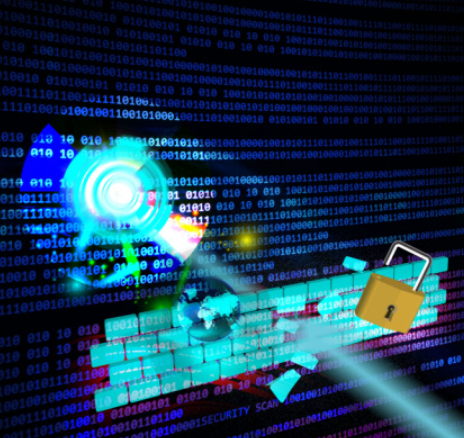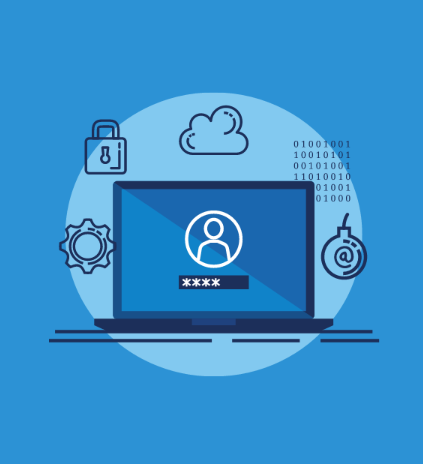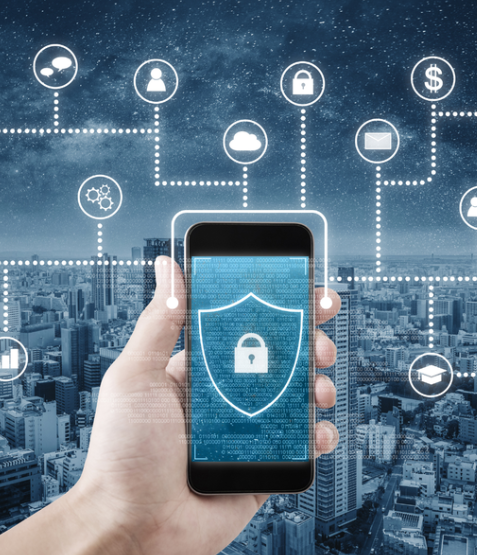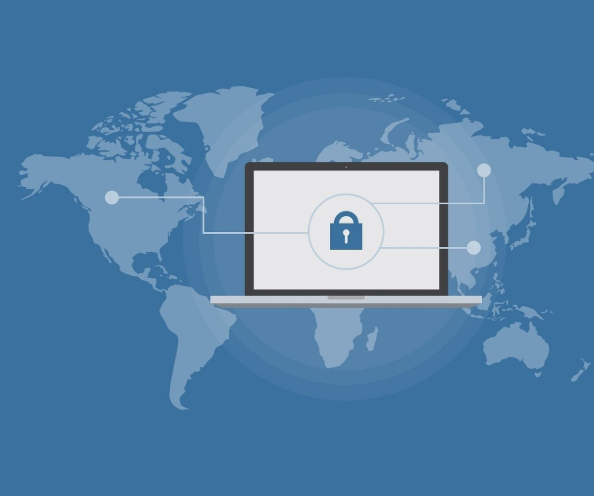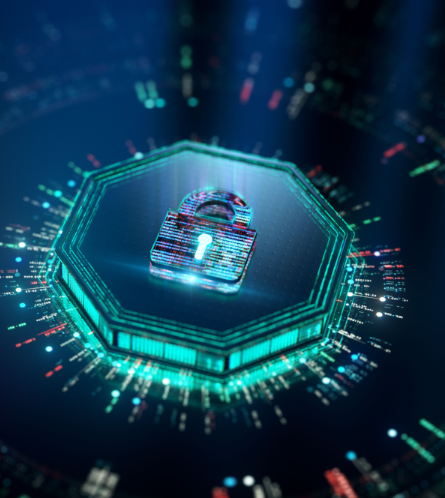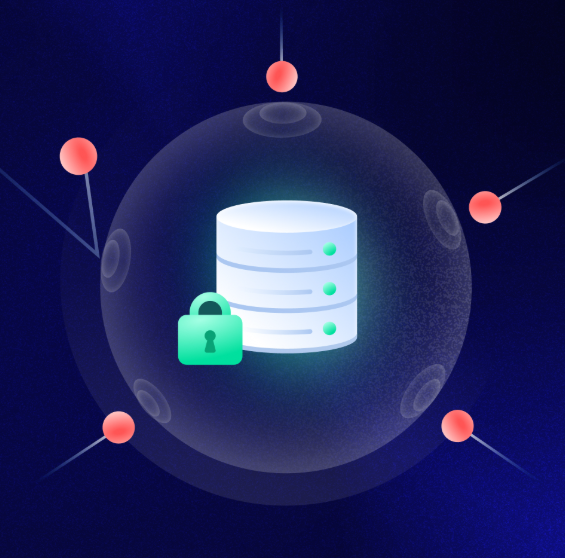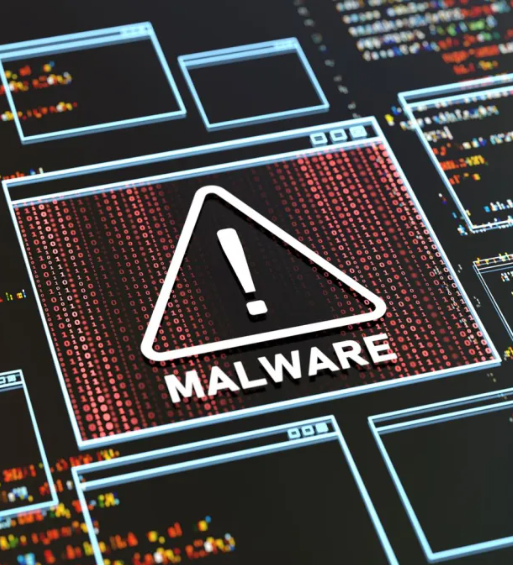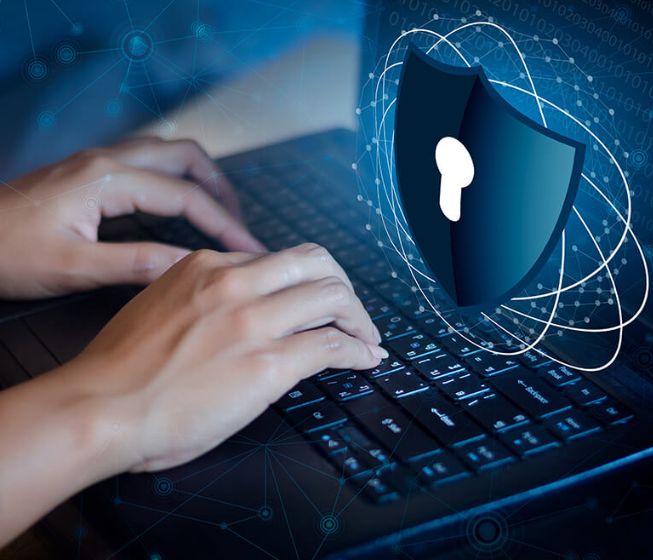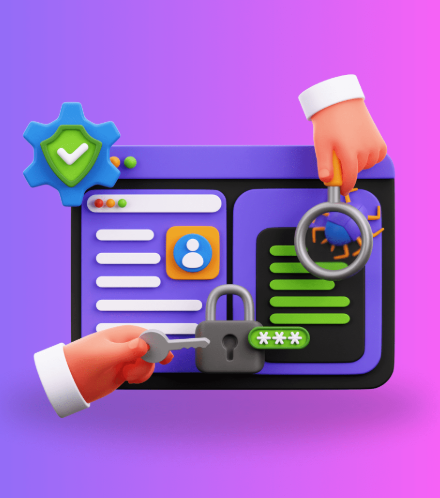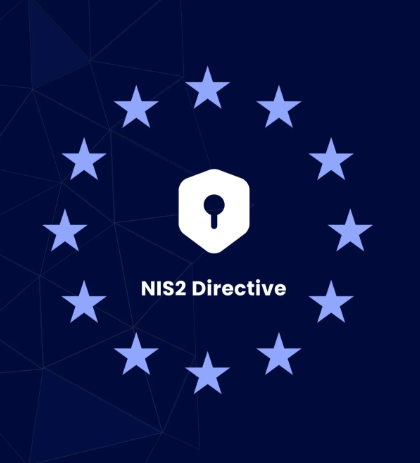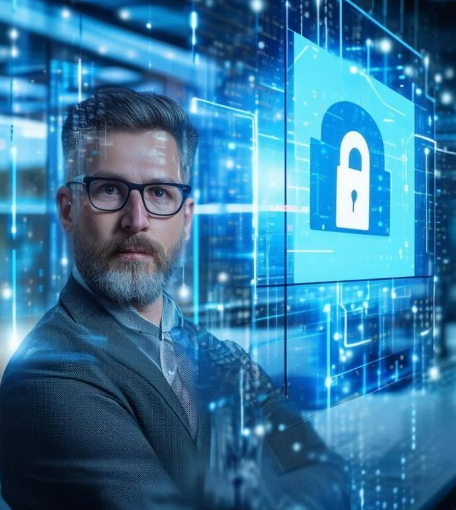
Small businesses are at the heart of the global economy, but when it comes to cybersecurity, they often operate with significant limitations. While larger corporations have dedicated teams and leadership focused on protecting their digital infrastructure, small enterprises typically lack the same resources. Unfortunately, that makes them attractive targets for cybercriminals. The good news? A Virtual Chief Information Security Officer (vCISO) offers a practical, cost-effective solution.
This article explores how small businesses can benefit from vCISO services, providing strategic security leadership without the overhead of a full-time executive.
Why Small Businesses Are Prime Targets
Contrary to popular belief, cyber attackers frequently target small and mid-sized businesses. Limited budgets, insufficient training, and understaffed IT teams make them easier to breach. And while the financial impact of an attack can be severe for any company, small businesses often struggle to recover.
Common challenges include:
- Lack of dedicated cybersecurity staff: Most small firms can’t afford full-time security personnel.
- Growing threat complexity: Threats like phishing, ransomware, and supply chain attacks evolve rapidly.
- Regulatory compliance: Laws such as GDPR and HIPAA apply to businesses of all sizes, requiring specific safeguards.
- Low employee awareness: Without structured training, staff can unknowingly compromise security through mistakes or misjudgments.
Faced with these challenges, small organizations need access to expert guidance—and this is where the vCISO model comes into play.
What Is a vCISO?
A vCISO is an outsourced cybersecurity professional who provides strategic security leadership on a flexible basis. Unlike a traditional CISO, who is employed full-time, a vCISO can work part-time, project-based, or as needed. This allows businesses to access high-level expertise without the cost burden of a full-time executive.
Typical vCISO responsibilities include:
- Designing and overseeing cybersecurity strategies
- Conducting risk assessments and policy development
- Supporting compliance with industry regulations
- Managing incident response protocols
- Leading employee training programs
- Advising on technology and security investments
This model offers the agility and depth small businesses need to improve their defenses while maintaining financial sustainability.
Why a vCISO Makes Sense for Small Organizations
1. Budget-Friendly Expertise
Hiring a full-time security executive can be prohibitively expensive. A vCISO provides comparable strategic value without the long-term financial commitment. This makes cybersecurity leadership accessible even for companies with modest budgets.
2. Customizable Support
A vCISO adapts to your business requirements—whether you need occasional guidance, help with a specific project like a security audit, or ongoing oversight. The flexibility of the engagement ensures you’re not paying for services you don’t need.
3. Proactive Threat Management
With threats constantly emerging, waiting for a breach to act is risky. A vCISO takes a forward-thinking approach, strengthening your security posture, guiding policy implementation, and ensuring preparedness before incidents occur.
4. Enhanced Resilience
An experienced vCISO puts frameworks in place to minimize the impact of cyber incidents. From response planning to continuous monitoring, they help build a foundation for long-term security and operational continuity.
5. Access to Scarce Talent
Finding and retaining skilled security professionals is increasingly difficult. A vCISO brings deep expertise without the need for recruitment, offering insights and tools typically only available to larger organizations.
Selecting the Right vCISO for Your Business
Not all vCISOs are the same. When choosing the right partner, consider the following:
- Relevant experience: Ensure they’ve worked with similar-sized organizations and have credentials such as CISSP or CISM.
- Regulatory expertise: If you operate in a regulated sector, confirm their understanding of specific compliance requirements.
- Scalability: Look for someone who can adjust their services as your business evolves.
- Strategic mindset: They should align cybersecurity goals with your broader business objectives.
- Clear communication: Strong collaboration with internal teams is essential for successful integration and execution.
Defining Scope and Engagement
Before onboarding a vCISO, outline your goals. Are you focused on meeting compliance standards, improving your overall security maturity, or responding to specific risks? Understanding your needs helps define the scope of work.
Choose the engagement model that fits your situation:
- Project-based: Ideal for targeted initiatives like audits or certification preparation.
- Part-time: Useful for ongoing advisory support and long-term planning.
- Full-service: For businesses seeking comprehensive oversight and daily involvement in their security operations.
Integrating a vCISO into Your Operations
Successful collaboration with a vCISO starts with a clear onboarding process. This includes:
- Introducing them to your internal IT and business teams
- Providing documentation and access to current infrastructure
- Setting clear goals, deliverables, and timelines
- Establishing regular check-ins and reporting formats
With this structure, the vCISO can quickly evaluate your current state and begin making strategic improvements.
Final Thoughts
Small businesses often underestimate the level of risk they face in today’s cybersecurity landscape. The assumption that cybercriminals only target larger firms is outdated and dangerous. In reality, limited defenses make smaller companies an easier entry point.
Rather than viewing security as a cost, businesses should see it as a critical investment. A vCISO offers a practical way to gain strategic oversight, meet regulatory obligations, and improve your defenses without overextending your budget.
In a world where security threats are constant, partnering with a vCISO could be one of the smartest moves a small business can make to ensure long-term stability and resilience.


